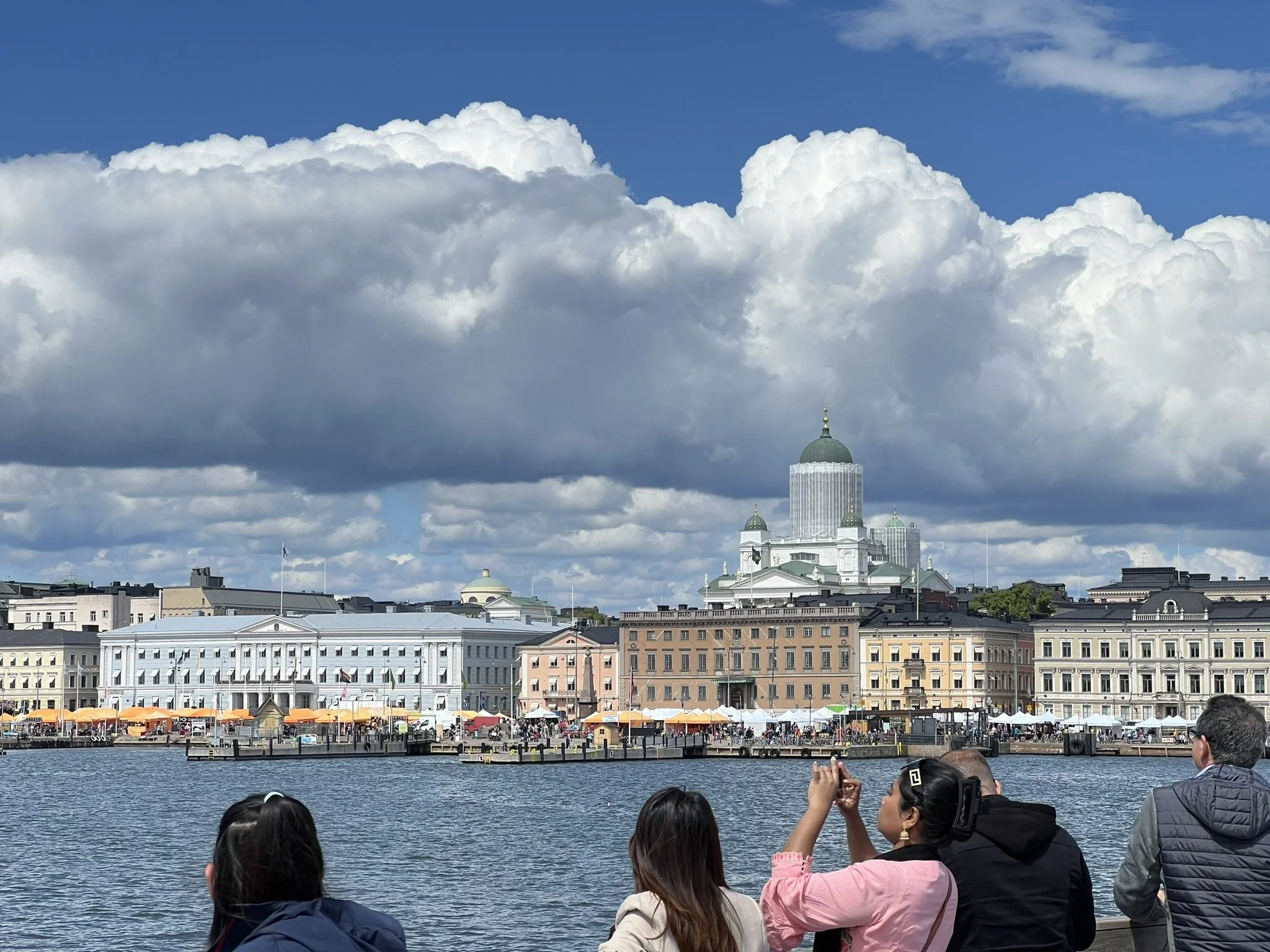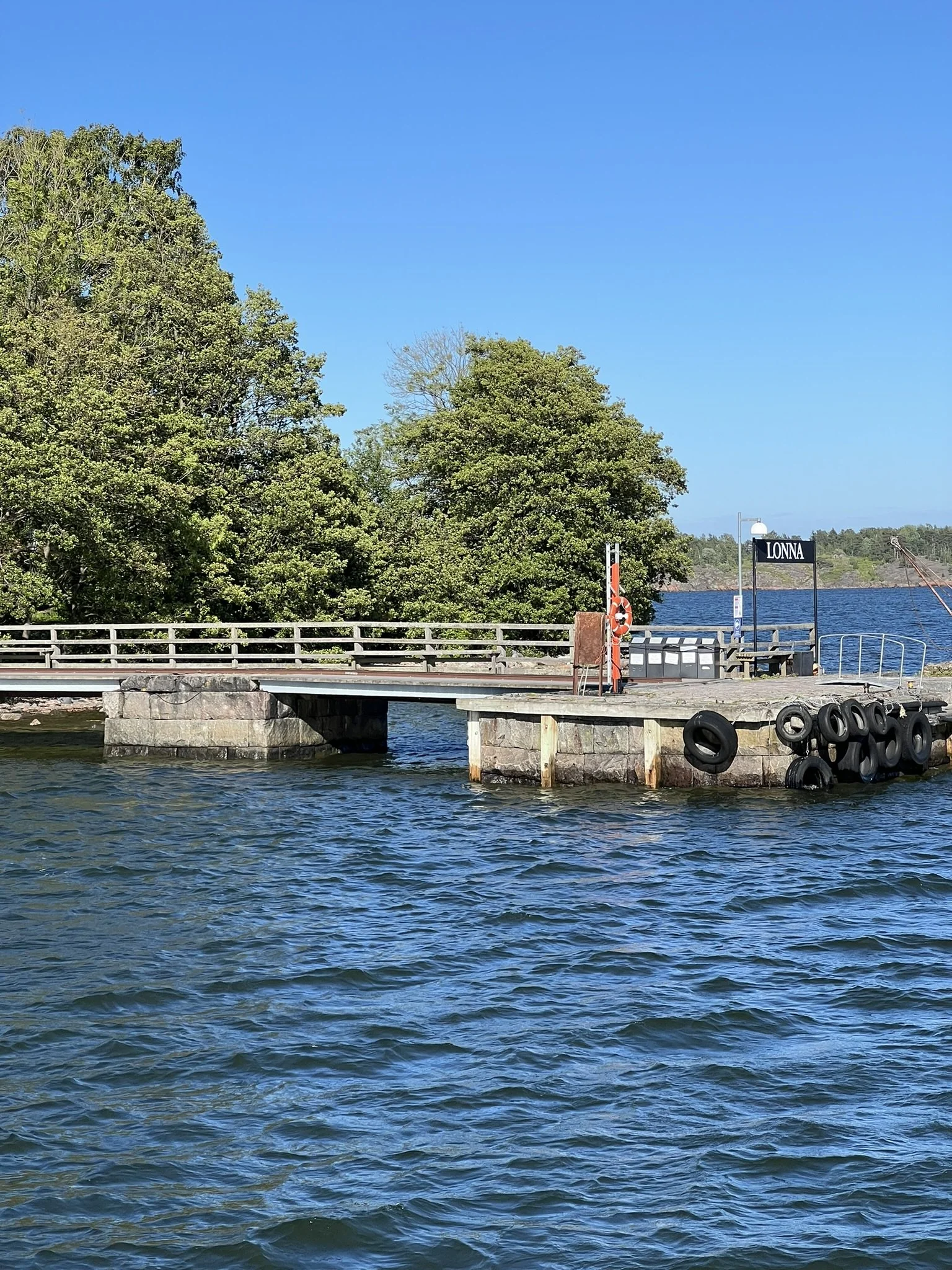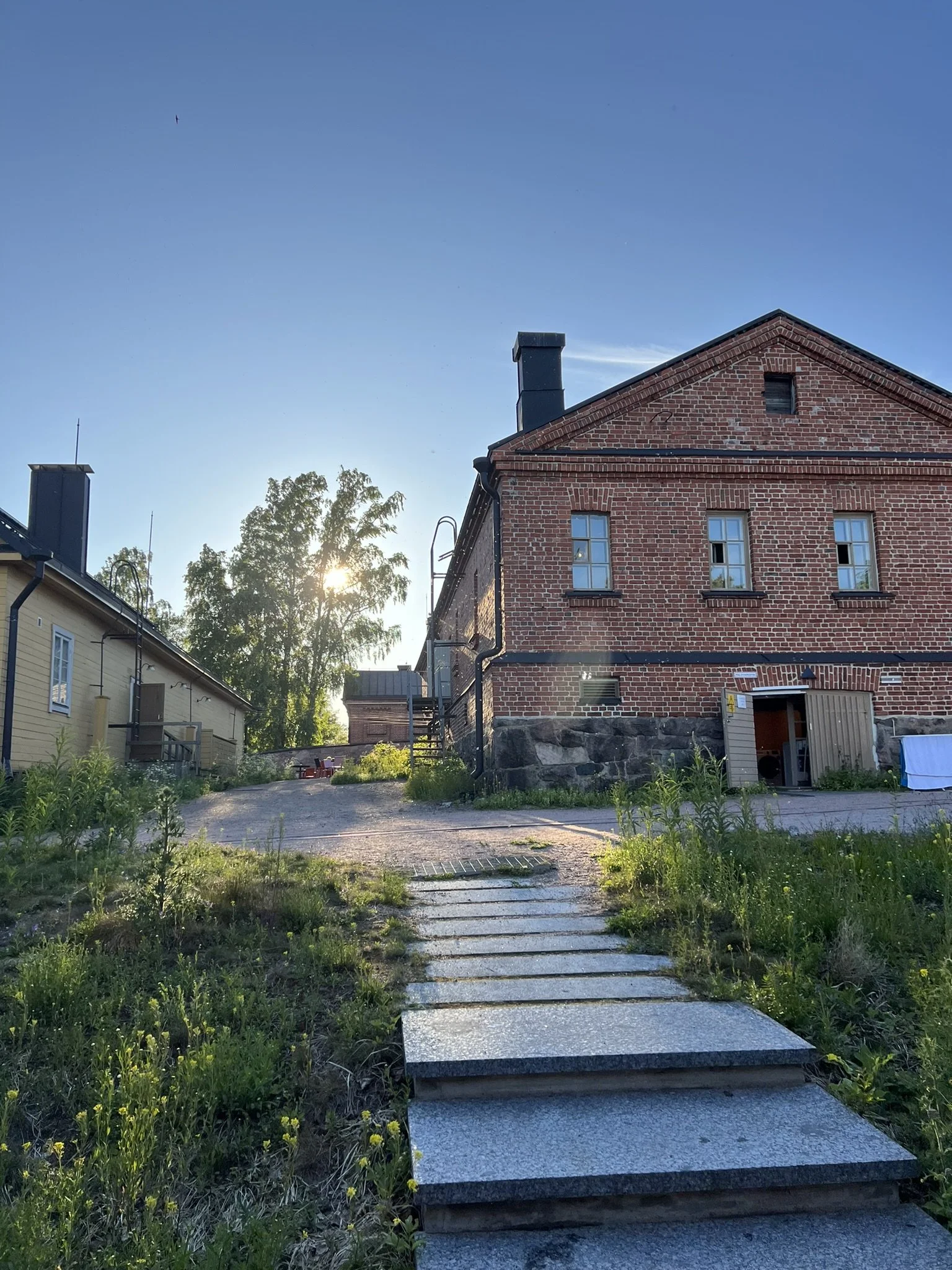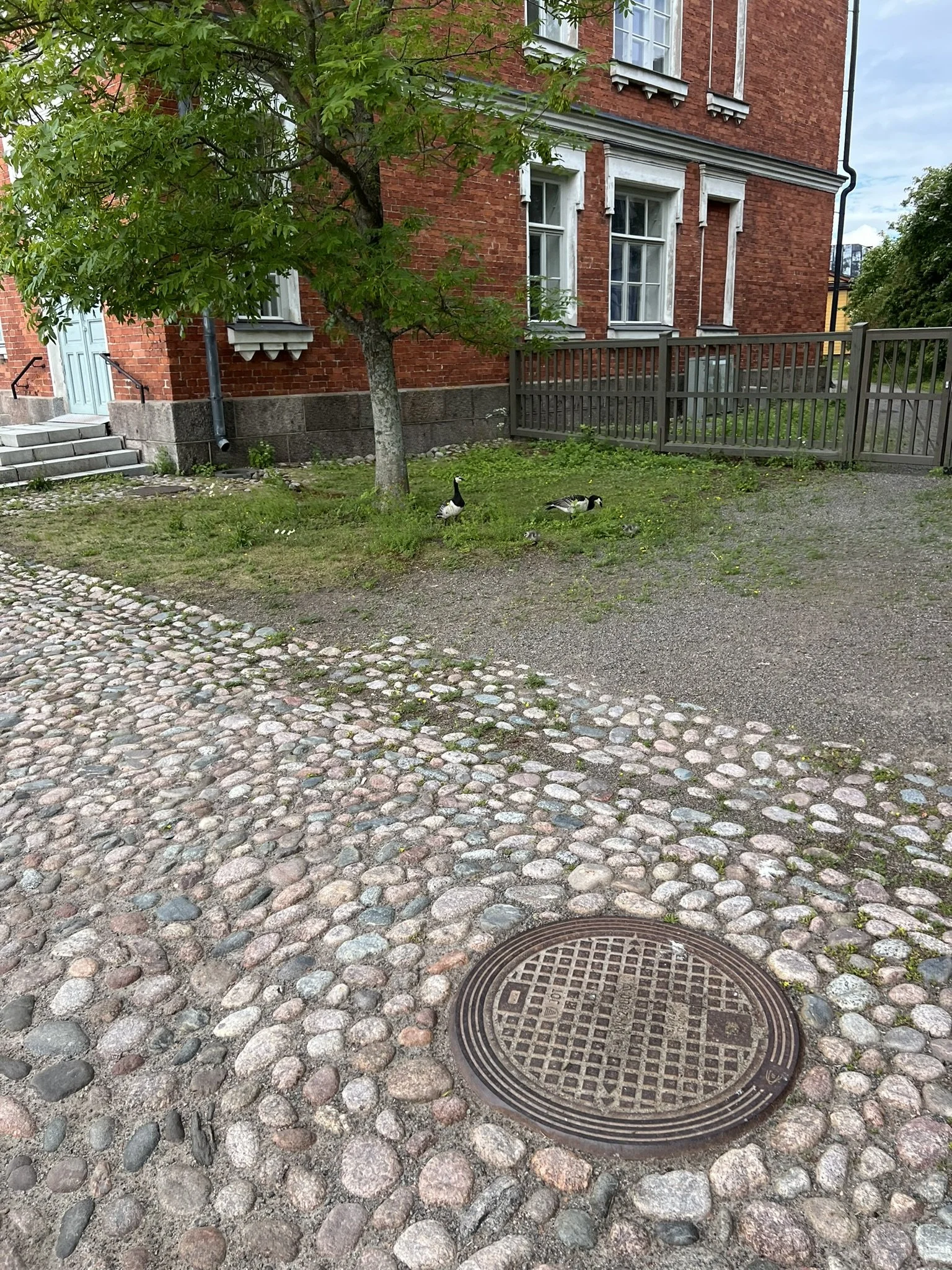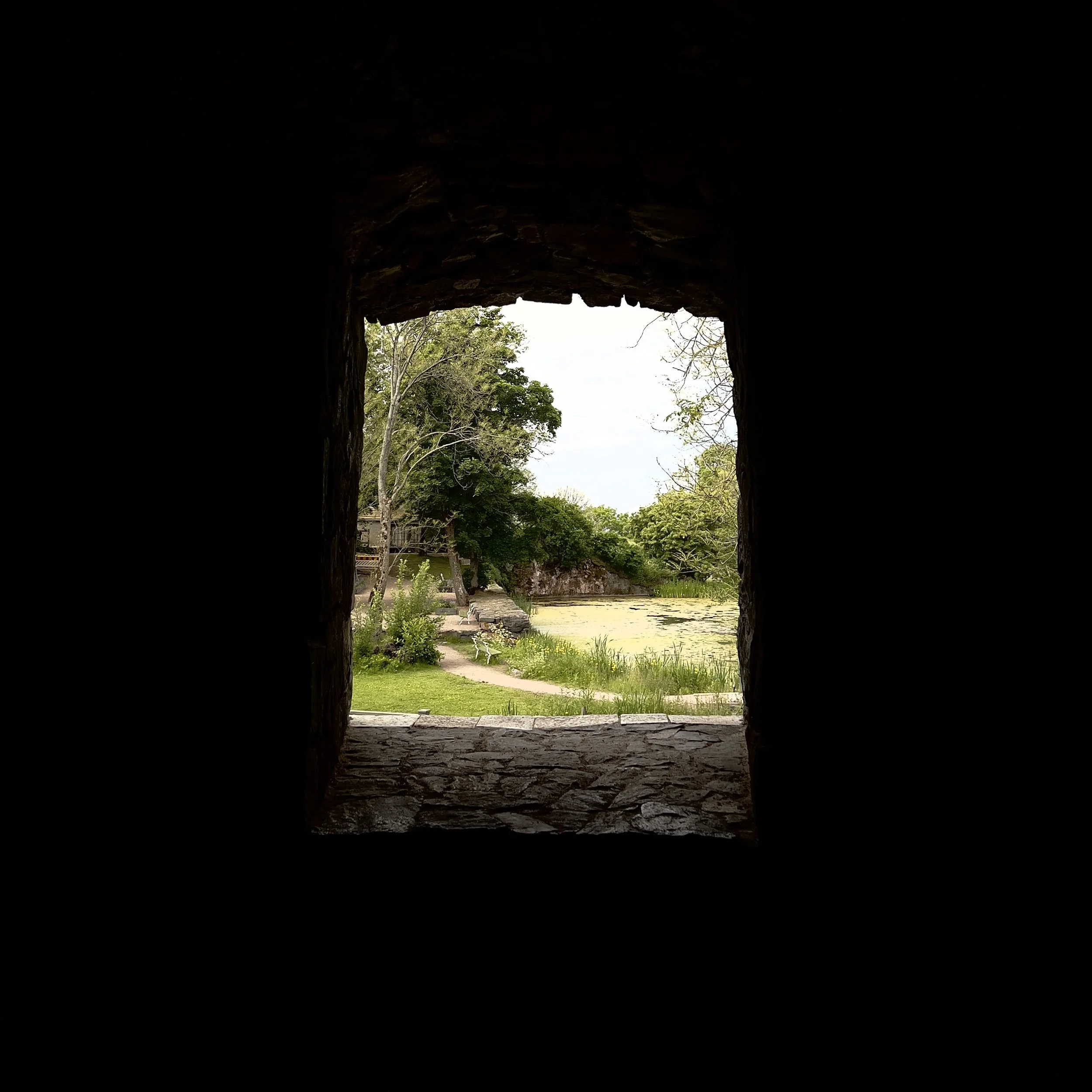Author's note: An 8-month experience update blog post is now available here
A couple of months ago my 'venerable' Microsoft Ergo Sculpt started to have problems with a few keys. While I'd had issues before that I could solve with blowing the keyboard out, this time the key press issues I was having weren't being nicely resolved through the application of air pressure. Furthermore, I had started having wireless issue with the keyboard, leading to weird situations where I was having to reboot the keyboard sometimes twice a day.
It was time for a new keyboard. I hadn't really planned on looking for a new keyboard, but I had a few ideas for what I was looking for:
- Low profile was probably my number one request; I had gotten used to the key travel from the the Ergo Sculpt, and I had this idea that I didn't want to go back to a full travel keyboard.
- I wanted an ergonomic keyboard; ideally a full split, particularly since I was interested in what more tenting would be like, but a tented fixed split like the Ergo Sculpt would be acceptable.
- I was hoping for real mechanical switches this time; while I'd gotten used to the Ergo Sculpt's butterfly switches, I was hoping for something nicer.
I didn't spent particularly long looking before I spotted the ZSA Voyager. The Voyager hit a bunch of my needs -- fully split, low profile switches, came in multiple switch types with swappable switches. I decided to take the plunge.
Buying from ZSA
It's really interesting purchasing from ZSA; they're a small enough company that they can do truly excellent customer service. It started shortly after I bought the keyboard they sent out a little survey which they said helped people remind themselves of their intentions of when the bought the keyboard during the wait for it to arrive. One of the questions in the survey was something along the lines of "What's your biggest concern with your purchase" -- A very interesting question. My answer here was that I was worried about the fact that the Voyager is a smaller keyboard with only 52 keys; as a result I was going to have to learn how to work a keyboard that had layers and hold options. The survey also asked (paraphrasing) how high a touch you were interested in for customer service; low-customer service, medium or high. In this case I chose high -- for something this far out of my comfort zone, even the fact that they were asking this question was interesting.
After I filled in the survey, something truly unexpected happened: I got an email from Erez Zukerman, the CEO of ZSA. In the email, he asked about my worries about moving to a smaller keyboard, wondering if there were specific key positions I was worried about losing. He also pointed out the default keyboard layout, and how multi-function keys and layers got most of the keys covered.
I replied
My worry is mostly twofold; this will be the smallest keyboard I've ever acquired, as well as the first with layer support. So I’m jumping head first into a fair number of new things. Thank you for a link to the default layout; it’s going to be a learning activity to figure out how to map what I do onto the keyboard, but I am confident I’m going to be able to make it work for me. I foresee a few layer changes from the default to maintain my sanity — e.g. I suspect I’ll rework it so that the punctuation on the number keys goes back to the numbers on layer 2.
I've since corresponded a couple of times with Erez, and each time gotten a full reply from a real human who cares deeply about how his product is being used and perceived. It's truly remarkable.
Getting Started
After a few weeks, I got my Voyager, and I started a document in my notes for me to both practice typing as well as record the experience of getting started. Some quotes from this document really express the initial feeling of getting started:
January 22nd, 2024
This is me starting to type on the Voyager. So far things are hard but not impossible. However I have had some Concerns using the training mode regarding the large right thumb key currently mapped to delete. It -seems-, at least in the trainer as if it is possible to depress the key at its edge without causing it to fire in the training.
However typing this in notes and I am having no such issues. So that is good. Oh wait, it just did it again, this time weirdly it was space, which I saw flash in the training, but didn’t show up here. I really hope this keyboard doesn’t lead me to doubt my own sanity.
Needed to start customizing keycaps right away; tactile bumps on F and J, as well as indicating where space and return are. One cap pair was mismatched at the factory (compared to the default layout): the hyphen (-) and backslash keys () were backwards.
Typing all this has been exhausting. I can feel myself getting faster with the basic letters and numbers, but it’s definitely not perfect. My heart is pounding from the effort and the straining apnea. Some letters are definitely more challenging for me to type on this ortholinear layout; perhaps and artifact of bad typing habits — ‘c’ and ‘p’ stand out.
I am very glad I put the bumps on, my hands keep wandering away from home by accident.
It turns out by the way that the problem I was spotting with delete was not me mis-pressing it, but rather I was pressing too long, triggering the press-and-hold-to-switch-layers behaviour; I just had no idea at the time that this is what I was doing. It took a while for me to figure out 'c' and 'p', but today they're any other letter.
First workday notes. Had to continue reworking the keyboard layout, but I am definitely getting faster. When I am accurate I am approaching my normal typing speed for prose, but what I am finding is that mistakes are much more costly. I need to slow down and think a lot about where I made a mistake, and definitely find that mistakes chain together.
Despite having the finger nubs installed I do find my hands drift a bit, and the lack of connection between the board halves means that sometimes I get a bit twisted and don’t notice. Board placement in general has been a bit of a challenge. Nothing showstopping, but also not perfect either.
Re-reading my notes as I continued to learn a few things stood out: I complained continuously about the location of the square and curly brackets until I finally relented and moved them to the right hand (on a layer underneath 'o' and 'p', which is very close to where they are on a normal keyboard), and it was clear that by February 3rd I had hit a pretty reasonable level of comfort. My keyboard diary entries stop totally after the second, and I only returned to mention that I really had stopped updating the diary by the 15th.
Similarly, if you look at the edit history of my layout, it was clear that once I had shaved off the biggest pain points, I didn't end up coming back to do a lot of fine-tuning.
The Keyboard:
The voyager is a really nice piece of hardware. It has a metal constructed case, and feels very solid. There's lots of thoughtful touches. For example, the included tenting feet have strong magnets to hold them in place, but also notches to handle keeping the position right so that the foot lands flat.
It comes in a beautiful box, with a number of alternative keycaps, a key puller, a few different lengths of USB cable, and a USB C to A adapter. Also included in the box is a travel case. I had never really thought about bringing a keyboard from home travelling, but with the Voyager I just might.
I ordered my keyboard with Kailh Choc V1 Brown switches. These are tactile switches, where you feel a bump on activation. The brown switches are OK, but I was really very happy once I had used them for a while that I had bought a keyboard where changing out the keys is feasible.
To that point, let me highlight how wonderful the ZSA support is: I couldn't figure out how you could tell what kind of switches would be compatible with this keyboard. So I sent an email to support, and within a day had a lovely reply explaining the sort of awkward world of low-profile switches and lack of real standardization. But there are a good number of Kailh options, with new ones even being designed this year. I plan to write a little more about switches later.
Conclusion
When moving to a keyboard that is so different, you have to treat it as a learning and skill acquisition opportunity. I wonder a bit if I would have had the nerve to do this if I hadn't spent so much time practicing skill acquisition through guitar. Guitar continues to teach me that learning is a process, and that yes I am still capable of doing it.
In Shift Happens (future blog post I'm sure) there's this quote:
I can't help but admire this idea to try to be better, to invest in one's tools, to make an improvement even if purely aspirational, to squeeze just a bit more out of that odd pairing of human hardware and artificial hardware.
Using the Voyager has reminded me that it's worthwhile sometimes to sit down and think about how you are doing what you're doing. That sometimes there's a better way, or a way which makes you just a little bit happier doing what you're doing. Sure, not every improvement pays off, but sometimes it's happiness not time you're chasing.
Expect me to write more here as I keep tweaking and learning.




